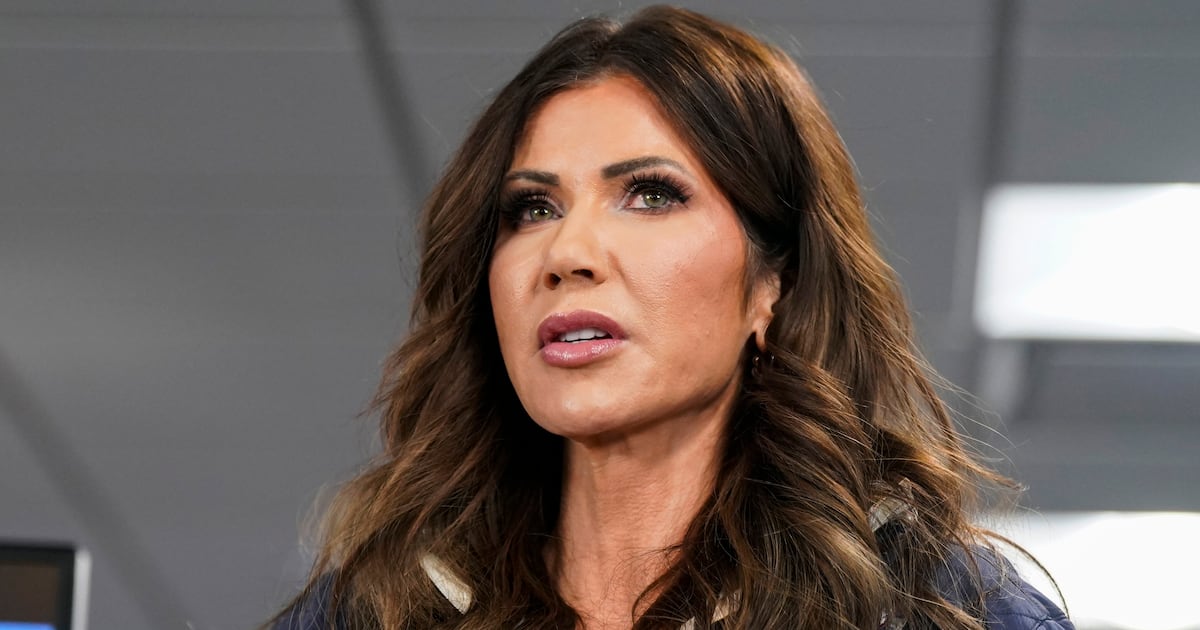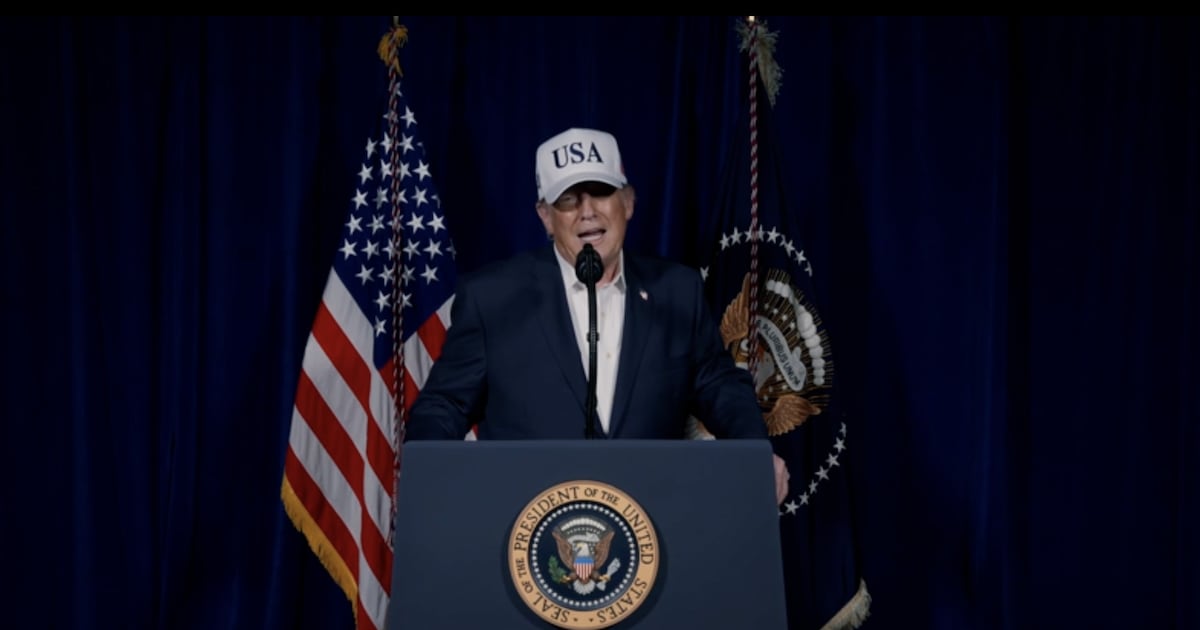This past week, lost amid the miasma of Crying Jordan memes, Lil B hexes, and our collective clowning of Steph Curry’s Air Nurse 1s—which, let’s be honest, had it coming—came the following oh-so-crucial development: LeBron James, a 6-foot-8, 250-pound athletic specimen the likes of which the world has never seen, was branded a “bitch” by two parties. One was Golden State Warriors’ crotch enforcer Draymond Green.
The other was Smash Mouth.
Yes, that Smash Mouth: The group behind the theme song from Shrek (which they are apparently very defensive about). The band whose lead singer, with his wraparound shades and regrettable facial hair, resembles a cross between Guy Fieri and Chaz Bono. So what on God’s green earth emboldened a ’90s footnote to question the masculinity of His Highness King James?
It began with a single step. Late in the Cleveland Cavaliers’ 108-97 loss to the Warriors in Game 4 of the NBA Finals, James got tangled up with Green, who fell to the floor. So James attempted the infamous “step-over”: whereby one player steps over another to shame them. It’s not exactly J.R. Smith tweeting a photo of your ex-girlfriend’s booty, but a power move nonetheless—and one that James’s coach, Tyronn Lue, is all too familiar with, having been on the receiving end of the most notorious step-over in history: post-crossover, in front of his team’s bench, during the 2001 NBA Finals, courtesy of Allen Iverson. It was, with the exception of Vince Carter’s dunk over Frederic Weis—you know, the beanpole Frenchman the Knicks drafted over local boy Ron Artest—the most embarrassing basketball moment of the early aughts. James tried that on Green, and it didn’t go so well. His groin connected with Green’s neck, so the Warrior delivered a shot to James’s junk, prompting the two to get in each other’s faces.

After the game, TNT analyst Charles Barkley commended a chortling Green for retaliating, saying, “At least I know he could’ve played in our days, because let me tell you something: if a guy step over you, you got to get him. That is the most disrespectful thing that you could do to a player that you knocked down, is step over him. That tells me right there that he could have played back when we actually had real basketball toughness.”
James reacted a bit differently: by unleashing a seven-minute locker room tirade and whining to ESPN’s Chris Broussard about Green calling him a “bitch.”
“He said Draymond Green called him the B-word and that’s what got him going,” said Broussard. “And also, as many people have seen on the replays, Draymond tried to hit him in the private parts. And so those two things really upset LeBron James. He told me he can’t remember being that upset on an NBA court. He said he’s sure it’s probably happened before, but he can’t remember the last time he was that upset. And mainly it was because of the name Draymond called him.”
King James made such a fuss that he got Green suspended for Game 5, which the Cavaliers won handily. This is the new NBA, folks: LeBron James, the face of the league, complaining about being called a name to a reporter. Can you imagine Michael Jordan or Kobe Bryant doing the same?
Earlier this year, Kobe himself lamented how the NBA’s gone soft. “It’s more of a finesse game,” Bryant said. “It’s more small ball, which, personally, I don’t really care much for. I like kind of smash-mouth, old-school basketball because that’s what I grew up watching. I also think it’s much, much less physical. Some of the flagrant fouls that I see called nowadays, it makes me nauseous. You can’t touch a guy without it being a flagrant foul.”
Kobe’s statement was echoed by his former teammate Shaquille O’Neal, who said, “Mike playing against Detroit and the Bad Boys—that was the real NBA,” calling the current iteration of the league “very soft,” as well as Gary Payton, who tweeted, “I could never play basketball in this soft era. All of my contract money would go toward fines.”
These days, almost every time a player intentionally fouls someone hard, they’re hit with a flagrant foul and face a possible suspension, as well as a fine of up to $25,000. The play stoppages, between TV timeouts for ads and foul calls, are constant. It’s gotten so preposterous that ESPN even has an in-house referee analyst, Steve Javie, who litigates fouls mid-game.
It didn’t used to be this way. Players used to leave it all out on the floor, and games were more intense, more competitive. The stakes were higher. We’re deprived of great moments, like in Game 2 of the 1985 Eastern Conference Semifinals when Pistons’ Bad Boy Bill Laimbeer threw a wild elbow that connected with Larry Bird’s chin—only to have Larry Legend come back and drop 31 points on him in the second half, his jersey stained with blood. Or that time Charles Oakley and Charles Barkley got into a brawl after a hard foul during a 1996 preseason game. Or the all-out war between Dennis Rodman and Alonzo Mourning in Game 4 of the 1997 Eastern Conference Finals.
In response to the oft-contentious ’80s Pistons, aka the “Bad Boys,” the NBA instituted a number of rules changes that softened things up. In the 1988-89 season, they upped the number of referees from two to three, and in the 1990-91 season, penalties for flagrant fouls increased to two free throws and possession of the ball. Furthermore, if there’s no apparent effort to play the ball, the player may be ejected which came with an automatic $250 fine.
Further rules changes were inspired by the ’90s Knicks. With the start of the 1993 playoffs came a new rule: any player who throws a punch in a game will automatically be ejected, receive a one-game suspension, and be fined. Also, any player who leaves the bench area during a fight would be fined $2,500, and the team would be docked $5,000 for each of its players who leaves the bench area. In the 1994-95 season, the penalty for leaving the bench area during a fight was increased to an automatic one-game suspension and max $20,000 fine; hand-checking became illegal; and two flagrant fouls led to ejection.
The 2004 Malice in the Palace—an ugly brawl where members of the Indiana Pacers, led by Ron Artest, went into the stands at Detroit’s Palace of Auburn Hills to fight unruly fans—brought even more changes. In 2005, teams began hiring former FBI agents to head their security, while fans’ booze was limited to 24 ounces and banned from being sold in the 4th quarter. If that weren’t enough, the league installed a mandatory dress code where players were forced to dress “business casual” before and after games. Nowadays, players treat the stroll from their vehicle to the locker room like a fashion runway.
Basketball boasts the most physically gifted athletes of any professional sport; sculpted bodies dancing through the air, crashing into one another. If the NBA hopes to remain must-see TV, however, it needs to rediscover the toughness and gamesmanship that made it so compelling in the first place. And the league’s best all-around player, LeBron James, must lead by example.






